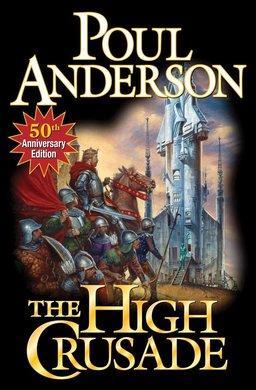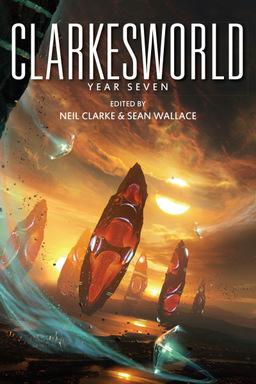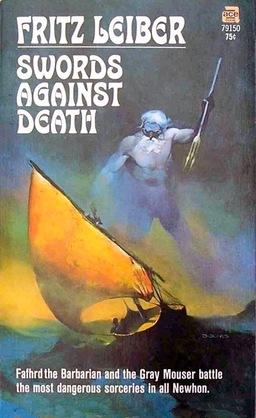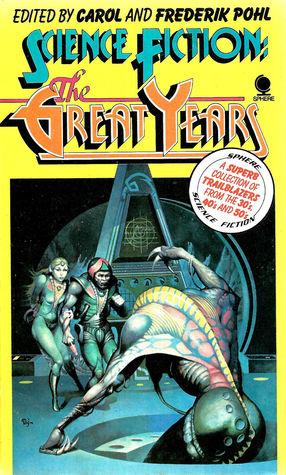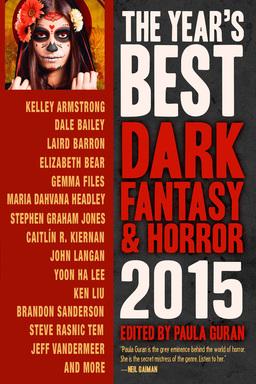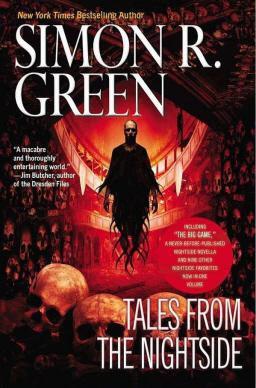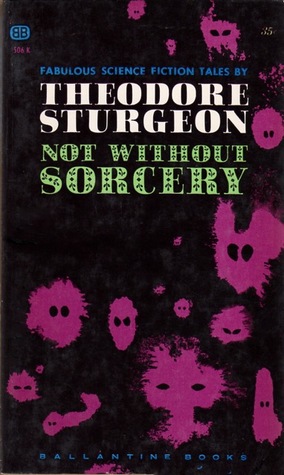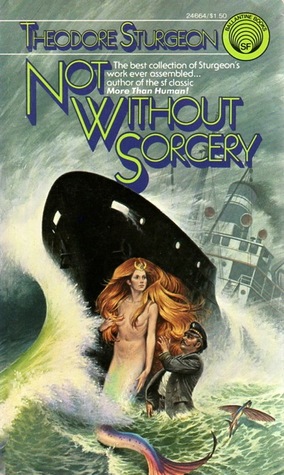Future Treasures: The Grace of Kings by Ken Liu
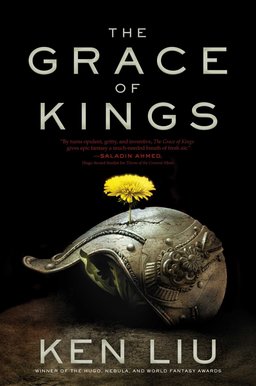 Saga Press is the brand new fantasy and science fiction imprint of Simon & Schuster. I met Navah Wolfe, the editor for Saga Press, at the World Fantasy convention last November, and she really impressed me with her enthusiasm and knowledge of the field.
Saga Press is the brand new fantasy and science fiction imprint of Simon & Schuster. I met Navah Wolfe, the editor for Saga Press, at the World Fantasy convention last November, and she really impressed me with her enthusiasm and knowledge of the field.
Their first book, Ken Liu’s debut novel The Grace of Kings, hits the stands in two weeks, and it looks like a major new heroic fantasy. In his short career Liu has won the Hugo, Nebula and World Fantasy Awards for his short fiction, and — based on the pre-release buzz — it seems apparent his first novel will make a major splash.
As the Empire Falls, A War Will Consume All in the Name of Justice.
The archipelago of Dara was once divided into seven kingdoms, with shifting alliances and constant battles — a tempest of diverse dialects and cultures. When a relentless king united the seven lands into one empire, some thought it would bring peace, an end to the turmoil. Instead, it brought stagnation and suffering, the anger of the gods, and, finally, a rebellion.
Kuni Garu is a wily bandit who is more concerned with finding his next drink and being well-liked than with the affairs of the empire, until he meets his match: Jia. This free-spirited daughter of a well-regarded family has a prophetic vision about Kuni that transcends his slovenly beginnings: He has greatness within him and may be the key to freeing Dara from a cruel despot. Driven by Jia’s love and touched by the grace of the common people, Kuni sets out on an unlikely path to heroism — and perhaps a daring wager against the gods.
